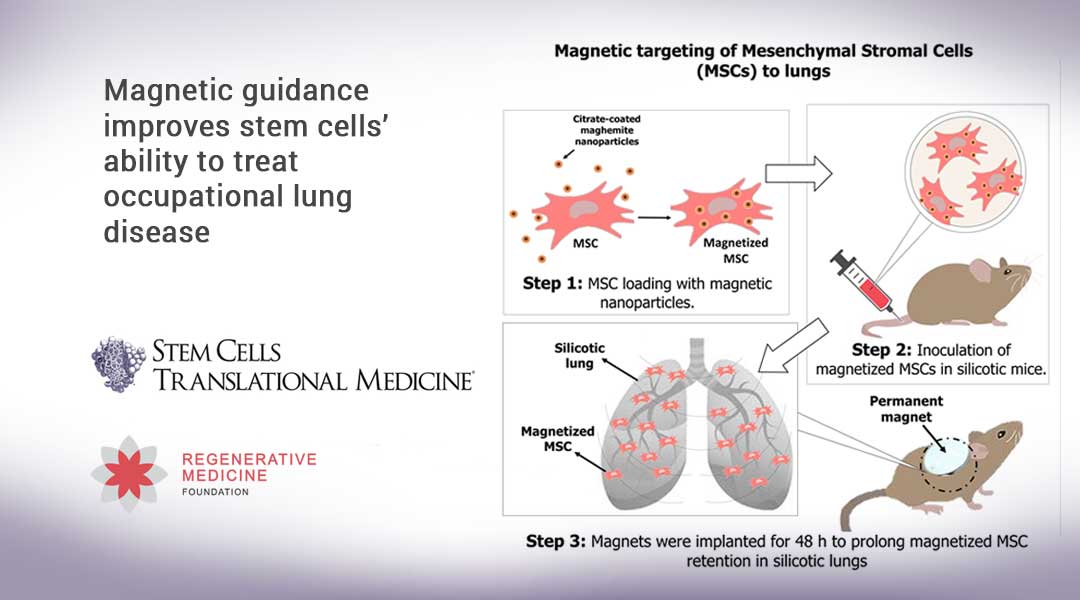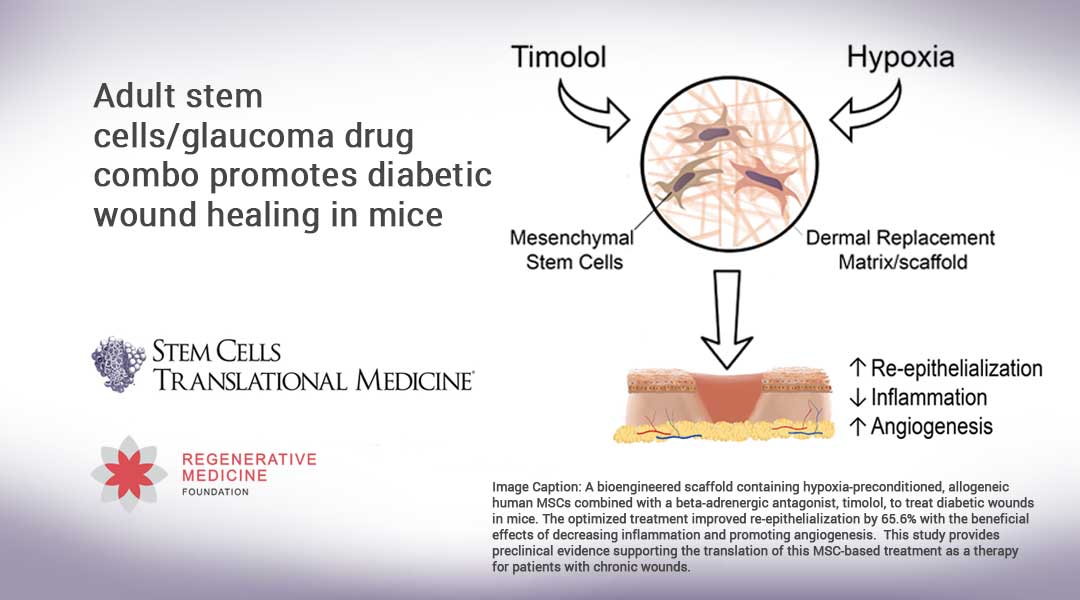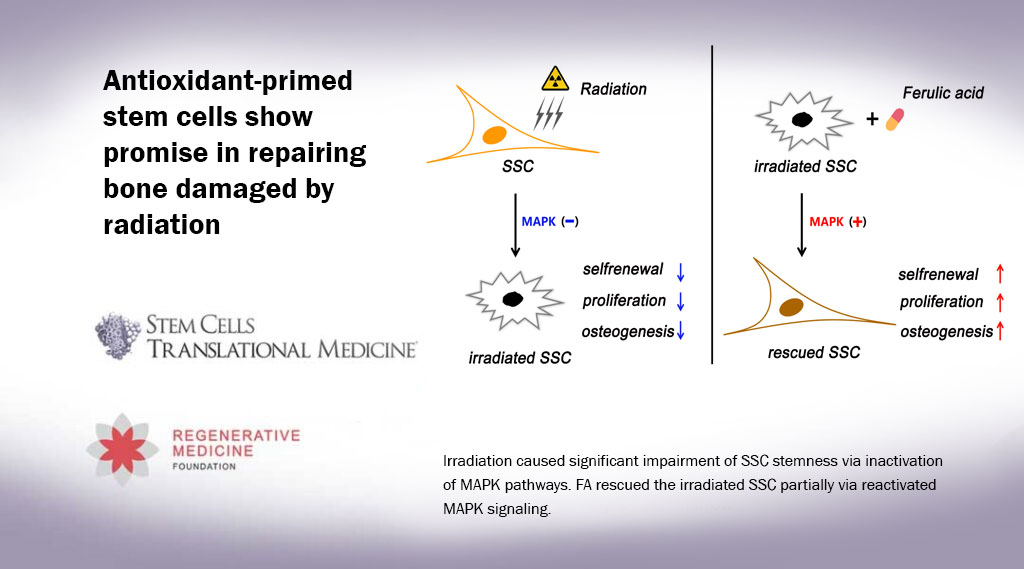By Science Direct –
This study investigates the efficacy of a 3D-printed alginate composite scaffold enriched with calcium titanate nano powders and loaded with mesenchymal stem cells (MSCs) for bone regeneration in a calvarial defect model. Scaffolds (20 mm × 20 mm × 4.48 mm) with a slightly rough surface texture were fabricated using a bioprinter. A calvarial defect was created in the skulls of forty male Wistar rats, then divided into four treatment groups: empty defect, scaffold only, MSCs only, and MSC-seeded scaffold. After eight weeks, new bone formation was evaluated. The MSC-seeded scaffold group showed superior outcomes, including significantly higher bone mineral density (BMD), nearly complete defect closure in CT imaging, and enhanced histological results with newly formed bone and marrow cavities. Osteogenic gene markers (RunX2, OSX, COL1, BMP2, and OCN) and the angiogenic marker VEGF were notably upregulated, while the osteoclast-related gene RANKL was downregulated. These findings highlight the synergistic effect of the scaffold’s osteoconductive properties and MSCs’ regenerative potential. MSC-seeded alginate‑calcium titanate scaffold demonstrates promising results for critical-sized defect repair and may serve as a viable strategy for clinical bone tissue engineering applications.




